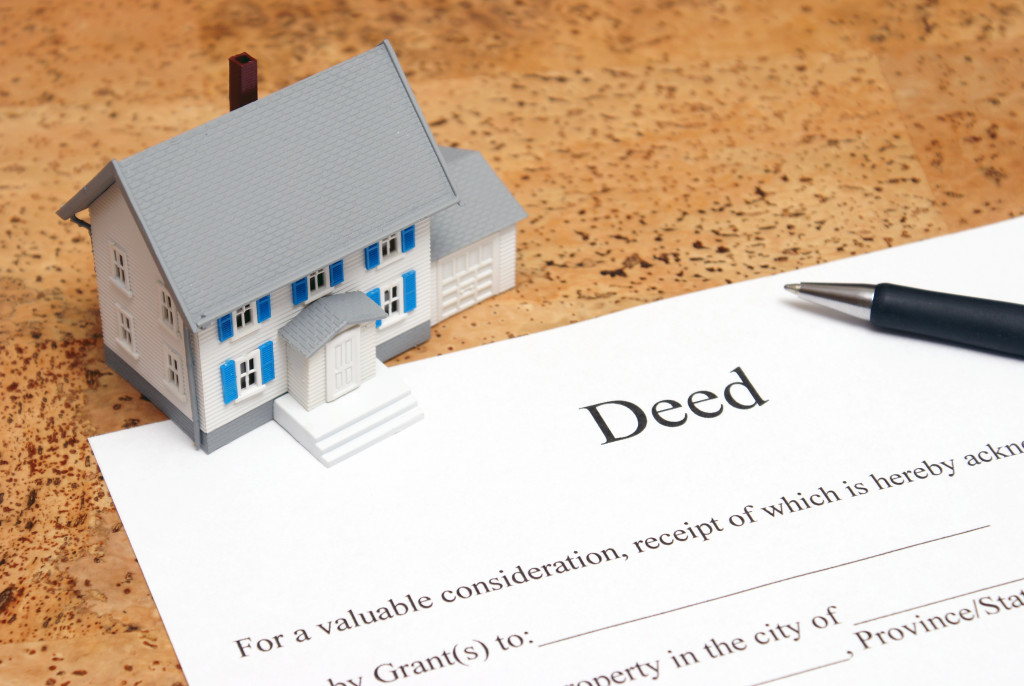Buying a home is an exciting—and sometimes overwhelming—time in anyone’s life. There are so many steps involved, and it’s easy to get caught up in the excitement and overlook the necessary details. That’s why it is essential to be aware of legal issues that may arise when buying a home. Here are some experts’ tips on avoiding legal issues when buying a home.
1. Do Your Research
It pays to know your rights as a buyer ahead of time. Research the laws and regulations governing real estate transactions in your area to spot any potential issues before they arise. If something doesn’t seem right, don’t hesitate to ask questions or seek professional advice from a real estate lawyer or other experts. They can provide invaluable guidance in navigating the legal aspects of a home purchase.
Include any additional disclosures provided by the seller. This could include information about known problems with the property, such as a leaking roof or faulty wiring. These issues can become significant legal problems down the line, so it’s best to address them upfront. If the seller can’t provide the information, it may be best to look for another home.
2. Get Professional Advice
It’s always wise to consult with professionals such as lawyers or accountants when making major financial decisions like buying a house. They can help you ensure that all legal paperwork is correctly filled out and filed and provide insight into potential problems before they arise. Additionally, they can advise you on handling specific situations should they crop up during or after the transaction.
You also want to work with a reliable realtor to help you through home buying. An experienced agent is knowledgeable about local laws and regulations and can help to ensure that all paperwork is filled out correctly. They can also advise which areas are best for your needs and budget. When choosing an agent, ask for references from previous clients and read reviews.

3. Get Everything in Writing
When purchasing a home, it’s essential to ensure everything is in writing. This includes contracts, agreements, and other documents related to the home’s purchase. A written contract is legally binding and will protect both parties if there are any disputes. It’s also essential to keep all records related to your home purchase since these will come in handy if you need proof at any point during or after the transaction.
You can take additional steps to protect yourself by obtaining a home inspection report. This will provide more information about the condition of the property and any potential issues that might arise. Additionally, a title search can help ensure the seller legally owns the home and that there are no outstanding liens or other claims against the property. It would help if you also considered purchasing title insurance to protect yourself against any hidden problems that may arise with the title.
4. Use an Escrow Account
When making a home purchase, it’s wise to use an escrow account. An escrow account is a third-party account that holds funds until all conditions of the purchase have been met. This protects both parties and ensures that the seller can’t access your funds until the home is transferred and all legal paperwork has been completed.
Using an escrow account is especially important if you’re buying a home from an individual, as it protects against fraud. An escrow account also ensures that any deposits or payments are made on time and that you can quickly resolve any disagreements or disputes. Ask your agent or lawyer for more information on setting up an escrow account.
5. Complete the Closing Process
Once everything is agreed upon, and all paperwork is signed, it’s time to complete the closing process. This step includes signing a settlement statement, transferring the deed and title, and paying applicable closing costs. You’ll also need to transfer the ownership of insurance policies and utilities and arrange for the transfer of any remaining payments.
It’s essential to review the closing paperwork carefully and ask questions if anything is unclear. If any mistakes are made in the closing process, they can lead to significant legal issues. You may consider having a lawyer review the closing paperwork before signing.
Buying a home can be an exciting experience, but it pays to be aware of potential legal issues that could arise during the process. By taking the proper steps and working with experienced professionals, you can ensure everything is handled correctly and legally. This will help to ensure a smooth and successful home-buying process. With the proper preparation and knowledge, you can make sure that your home-buying experience is free of legal issues.
